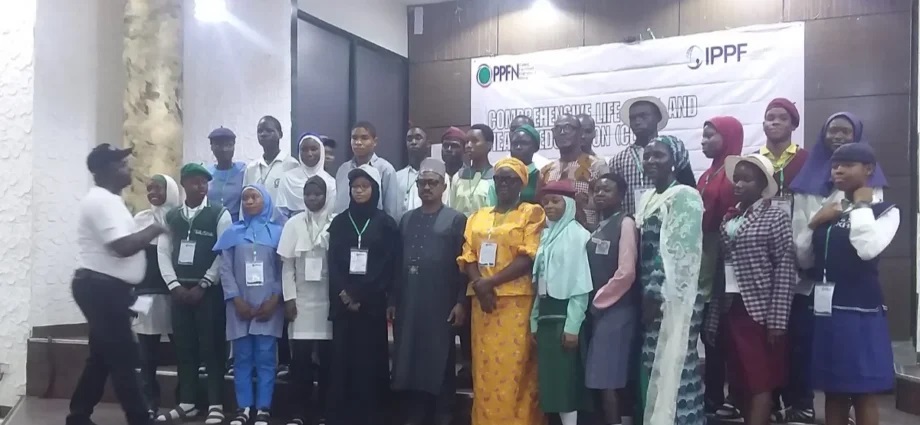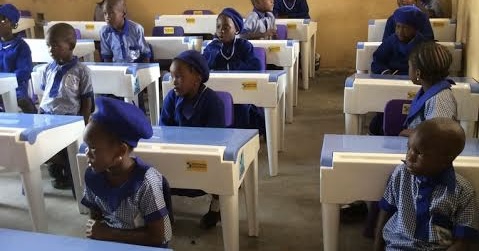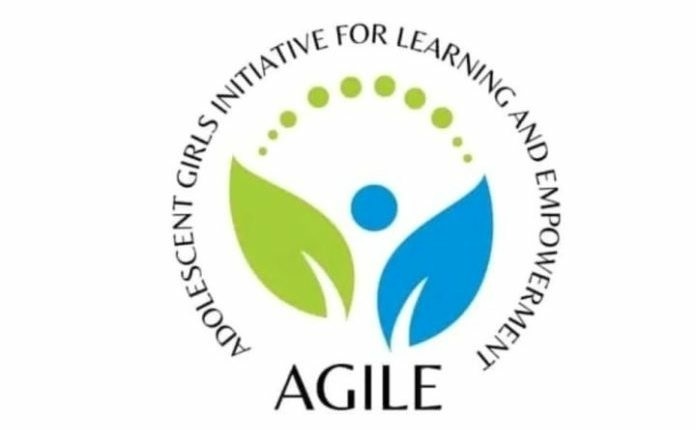The Planned Parenthood Federation of Nigeria (PPFN) has urged the government to include Comprehensive Life-skills and Health Education (CLHE) in the national school curriculum to better equip adolescents with knowledge and values for responsible living.
The call was made by Mrs Elizabeth Abimbola, PPFN’s South-West Regional Director, during the graduation ceremony of trained peer educators on CLHE held on Wednesday in Ibadan, Oyo State.
Abimbola appealed to policymakers, educators, parents, and community leaders to prioritise CLHE, stressing that it was essential for building a healthy and resilient generation.
“Let us work together to create a Nigeria where adolescents thrive, equipped with the knowledge, skills, and values to shape a brighter future,” she said.
Quoting author Chimamanda Ngozi Adichie, she added: “The story of a people is not just a collection of individual stories; it is a tapestry woven from shared experiences. Let us weave a tapestry of hope, resilience and empowerment for Nigerian adolescents.”
She explained that the graduation marked the completion of CLHE modules by students in selected schools across Ibadan North Local Government Area. The programme, she said, provided accurate information on health, relationships and decision-making, and aimed to reduce gender-based violence, teenage pregnancy and reproductive health misinformation.
Abimbola said that over 700 students had completed the first phase of the intervention between 2021 and 2024. In 2024, the initiative entered a research phase comparing two models of CLHE delivery — classroom teaching and extracurricular sessions — facilitated by 20 trained teachers across participating schools.
“Integrating life-skills and health education into school curricula will empower adolescents to develop problem-solving abilities, build healthy relationships, and strengthen resilience,” she said.
The Oyo State Commissioner for Education, Science and Technology, Mr Olusegun Olayiwola, commended the initiative, describing it as “impactful” and encouraging the graduates to apply the lessons learnt to improve adolescent reproductive health.
Similarly, the Vice Principal of Anglican Commercial Grammar School, Ibadan, Mr Adetayo Agboola, noted that challenges such as teenage pregnancy, drug abuse and poor reproductive awareness highlighted the need for CLHE in schools.
“Parents are not helping matters as they deny their children access to vital information,” he said. “CLHE can help young people adopt healthy behaviours if included in the school curriculum.”
The event concluded with the presentation of certificates to the graduating peer educators.





